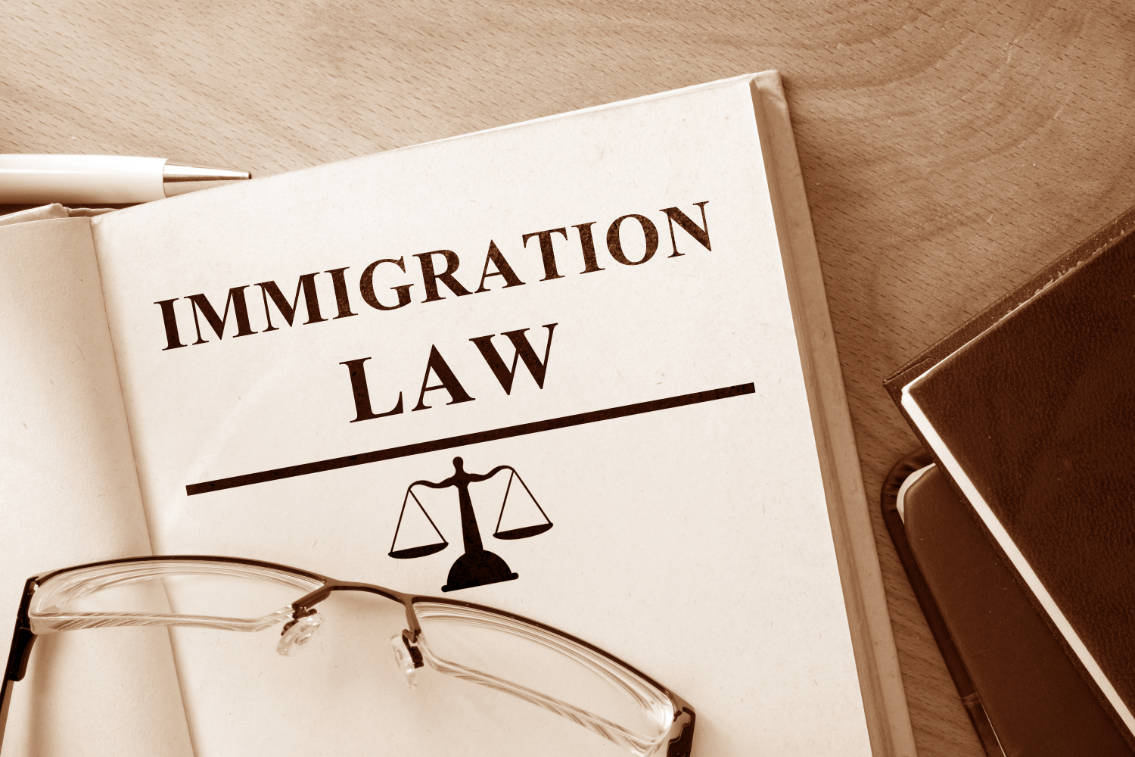United States Constitutional Law forms the foundation of the American legal system and serves as a safeguard for individual rights and the structure of the government.
U.S. Constitutional Law refers to the body of legal principles, rights, and interpretations derived from the United States Constitution. It serves as the supreme law of the land, guiding the functioning of the government, protecting individual liberties, and defining the relationship between the government and its citizens. Constitutional Law is vital because it sets the framework for governance, ensures checks and balances, and preserves fundamental rights and freedoms.
What Are the Main Sources of Constitutional Law?
The main sources of Constitutional Law in the United States include:
- United States Constitution: The Constitution itself serves as the primary source, outlining the framework of the government, establishing the three branches of government, and delineating the rights of individuals.
- Constitutional Amendments: Amendments to the Constitution can modify or expand existing rights, as demonstrated by the Bill of Rights and subsequent amendments.
- Judicial Decisions: Court rulings, particularly those of the Supreme Court, interpret the Constitution and establish legal precedents that shape Constitutional Law.
- Statutory Law: Federal laws passed by Congress can influence Constitutional interpretation and shape the application of rights.
- Administrative Regulations: Administrative agencies created by legislative action are directed by the executive branch of the government. Agencies regulate statutorily defined areas of law. For example, the Environmental Protection Agency (EPA) was created, in part, to promulgate and enforce standards for pollution control in the United States.

